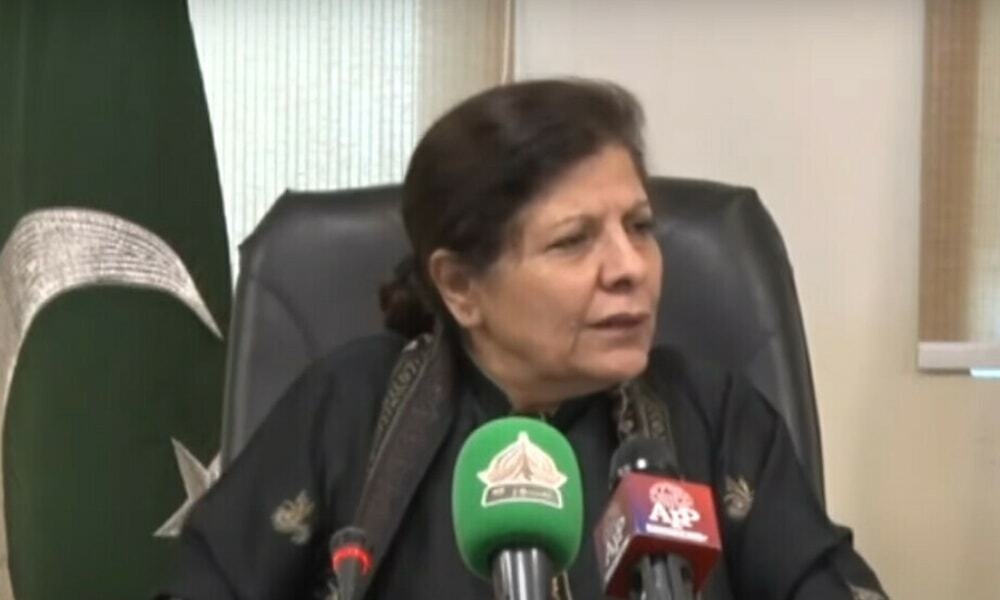By Staff Reporter
ISLAMABAD: The caretaker government said on Tuesday it would leave the implementation of a sweeping tax reform plan to the next elected administration after the election commission objected to its move to restructure the revenue board.
The interim finance minister, Shamshad Akhtar, announced the reform blueprint in a televised address, saying it aimed to raise the tax-to-GDP ratio to 18 percent by 2029 from the current little over 10 percent, by separating policy and operational functions, creating independent oversight boards, and digitising the tax system.
Akhtar said the plan, which involved 2,200 legal and administrative amendments, had been approved by all stakeholders, including the Federal Board of Revenue (FBR), the Special Investment Facilitation Council, and the caretaker cabinet.
However, the Election Commission of Pakistan (ECP) asked the caretaker government to halt its plan, saying it was a major policy decision that should be left to the next elected administration.
The ECP said in a letter to the caretaker prime minister’s secretary that the plan violated Section 230 of the Elections Act 2017, which defines the scope of functions of the caretaker government.
The ECP said the government should “restrict itself to activities that are of routine, non-controversial and urgent, in the public interest and reversible by the future government elected after the elections”.
“In light of the above, I have been directed to convey that the caretaker prime minister may be advised not to go for major reforms in FBR and to keep it pending till the election of the elected government…” the letter read.
Akhtar said the caretaker government had the competence to develop the proposals, but the implementation would be done by the elected government.
“There will be no retrenchment of the staff and they will retain their civil service status,” she said, adding that the FBR would carry out the restructuring within its existing resources and budget.
Pakistan has one of the lowest tax collection rates in the world, with only 5.3 million are active taxpayers out of a population of 230 million. The country has been struggling to meet its fiscal targets and reduce its budget deficit, which widened to 7.7 percent of GDP in the last fiscal year.
The reform plan envisages the creation of a Federal Policy Board (FPB) to handle tax policy and strategy, and two separate organisations for customs and inland revenue, headed by director generals appointed by the federal government.
The plan also proposes the establishment of two oversight boards, comprising federal secretaries, tax experts, and independent members, to monitor the performance and compliance of the customs and inland revenue organisations.
Akhtar said the plan was in line with international best practices and would help Pakistan boost its exports, fight smuggling and money laundering, and facilitate investment.
Copyright © 2021 Independent Pakistan | All rights reserved




